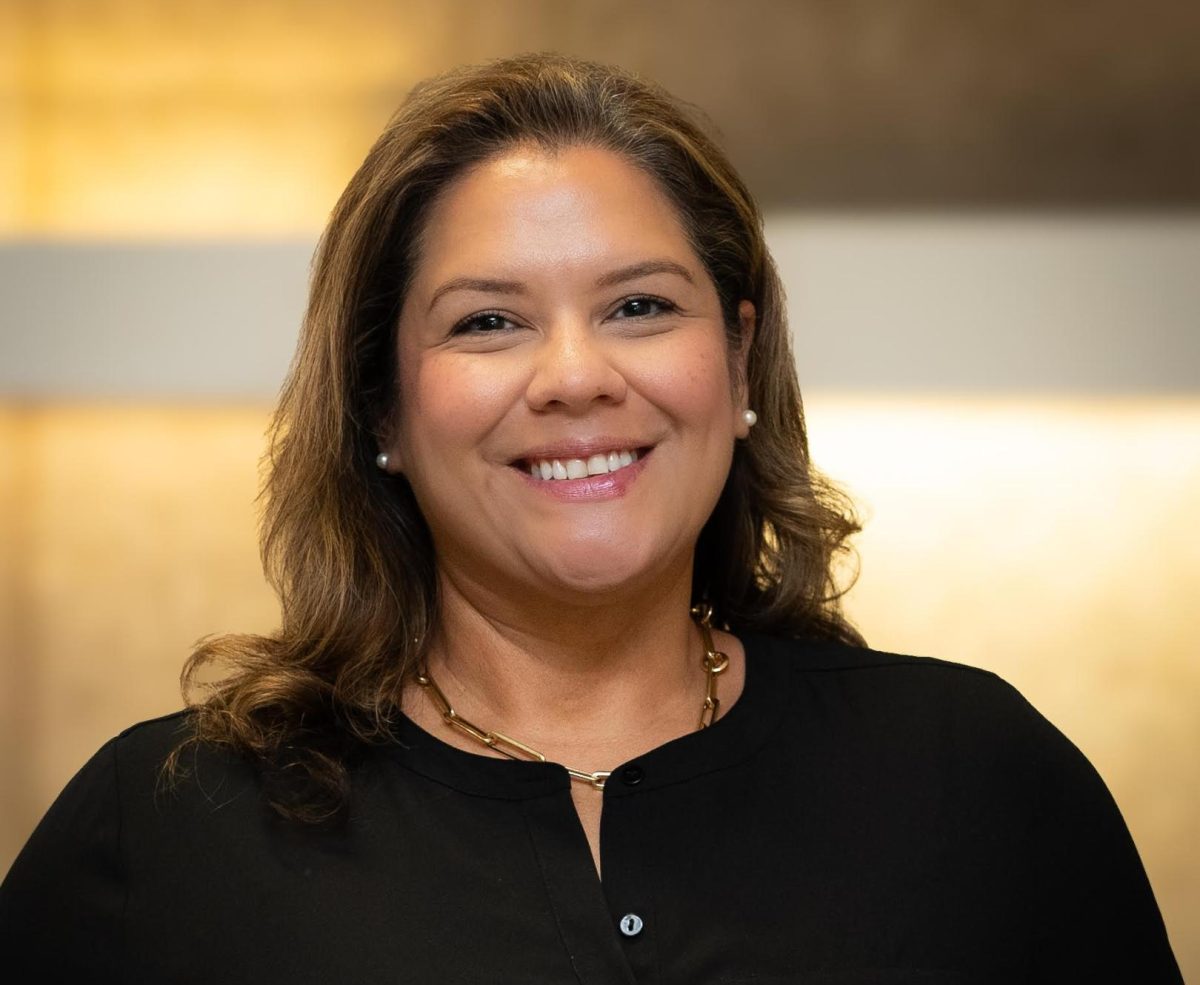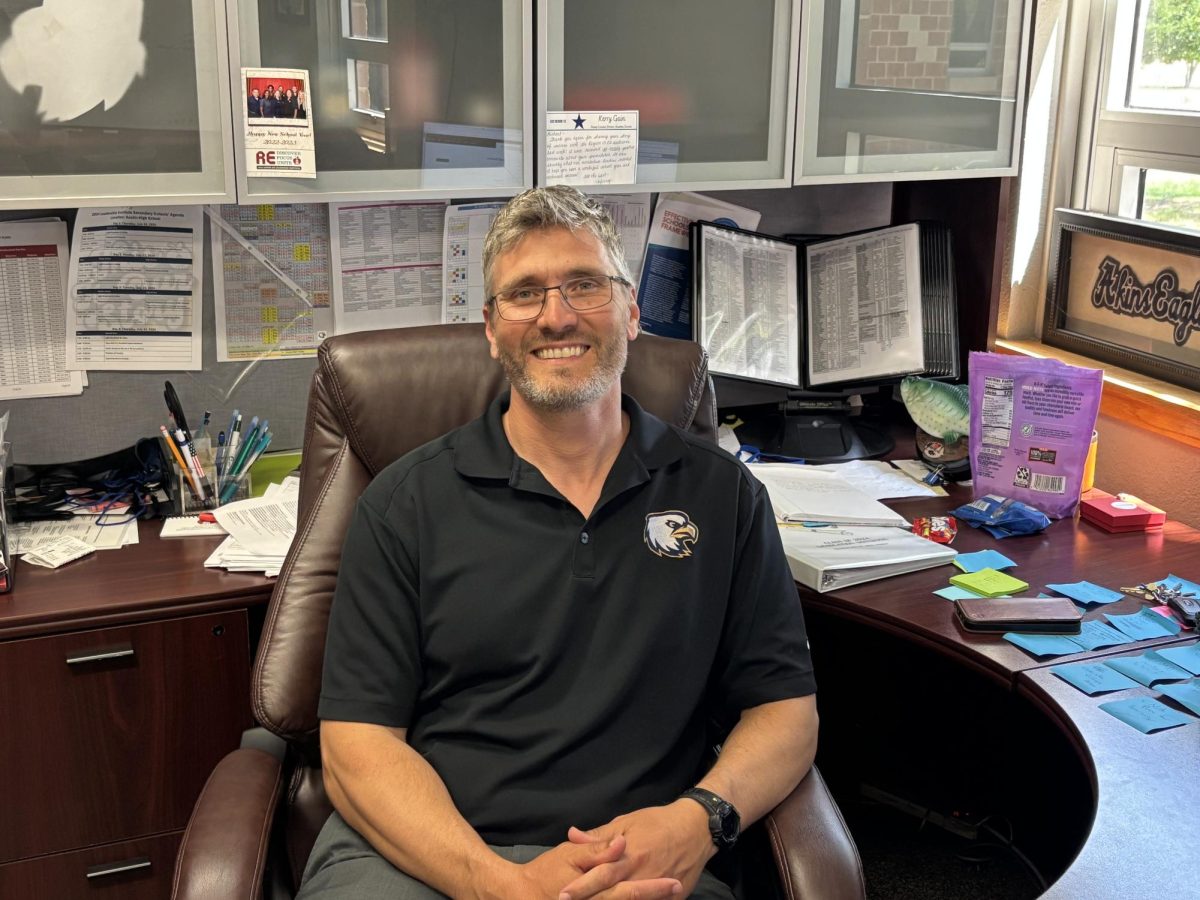As teens grow into young adults, access to contraceptives is one of many problems they face as they begin to have sexual relationships.
Teens who want to practice safe sex will encounter the responsibilities and trials that come with adulthood. This includes taking responsibility for their hygiene and sexual health. In the last year, it has become even more challenging for minors to access contraceptives from Title X clinics, which provide a range of family planning and preventive health services. In addition to family planning services, Title X clinics also provide essential preventive health services that benefit reproductive health.
According to an article in the Texas Tribune, over the last 50 years, Republicans have tried to require Title X clinics to get parental consent before they prescribe birth control to adolescents. But federal appeals courts have repeatedly rejected those claims, pointing to Congress’ original mandate that clinics are required only to “encourage family participation … to the extent practical.”
According to the Texas Tribune article, in Texas, that makes Title X clinics unique. In virtually every other setting, teens must have parental consent to access contraception. However, a federal judge ruled in 2022 that Title X clinics “must encourage (under federal law) family participation and obtain (under Texas law) parental consent.” The court decision is currently being reviewed by the 5th Circuit Court of Appeals, but Title X clinics in Texas began requiring parental permission before they provided birth control to minors. Teens already receiving birth control through a Title X clinic lost access unless they could go back and get parental permission.
In a study published by the Guttmacher Institute, it was found that on average, adolescents’ use of birth control in various forms has stayed the same or increased over the last 18 years. However, condom use is less prevalent; the study shows that many teens are not using them as consistently as in years past due to the use of multiple methods for birth control. In fact, the implications detailed in the study quote directly: “Sexual health information and services must be available so that young people have the resources to make healthy and responsible choices for themselves and their partners.”
According to a survey of 1,500 caretakers given by Parents.com, society has become more open to teaching their children about various contraceptive practices — 70 percent of parents want better sex education for their kids. While the U.S. has seen a lower rate of teenage pregnancy, the drop in condom usage can also be attributed to the increase in STIs among the age group. According to experts at Planned Parenthood, no other form of birth control provides protection against STDs but the condom. This is not something to be ignored; as can be seen in our schools and courts, some people would rather teens have no such access to condoms or birth control.
Jonathan Mitchell (a conservative attorney representing Alexander Deanda) urged judges to find that Texas’ parental consent code dictates how Title X programs work within the state, meaning that minors would not be able to access birth control or contraceptives of any kind without parental consent.
Furthermore, Texas has one of the highest birth rates in the country, and as recently as this year, according to a study by the University of Houston, teen pregnancy in Texas is increasing slightly for many groups. Hispanic women have been affected the most with rates among Texas’ Hispanic teens rising 1.2%, or an increase from 27.22 to 27.56 births per 1,000.
This can be attributed to many factors, one of these being the lack of access to clinics and hospitals in rural areas. As stated by the World Health Organization, “Restrictive laws and policies regarding [the] provision of contraceptives based on age [or marital status] pose an important barrier to the provision and uptake of contraceptives among adolescents.”
Many engage in sexual contact willingly, but statistics show that only one-fifth of teen pregnancies are intentional, meaning the vast majority of them are not. In addition to this, many adolescents are subjected to child sexual abuse, which is not a choice.
Taking a step back to look at the broader scope of how our students are affected, the Eagle’s Eye put out an anonymous survey. The responses showed that a majority of those surveyed are very concerned about this topic, and the serious consequences of being denied such access to healthcare. Overall, 85.7% of responders believe that over-the-counter contraceptives (condoms/spermicides) should be available at schools.
“Even though people say having contraceptives available to teens will make them have more sex, I think this is essentially a non-issue. Legislators and adults in general should be more concerned about safety, not abstinence and chastity,” one student wrote on their survey response.
Another student wrote that birth control medication is used for more than just contraception, asserting that “Contraceptives can be used to balance hormones, reduce symptoms of endometriosis and other diseases, and mitigate debilitating period pains/PMDD (Premenstrual Dysphoric Disorder) — and even if they didn’t, and they were only used for sexual health, it would still be just as important.”
These sentiments were shared by other Akins students who said that sex is something that should not have such a high stigma surrounding it.
“If teens don’t have access to contraceptives, then the pregnancy rate will go up,” wrote a senior on the survey. “With the abortion ban in Texas and surrounding states, being a pregnant teen can be fatal. We can change these statistics by giving teens easy access to contraceptives.”
Interview with a Student Birth Control Advocate
The Eagle’s Eye interviewed Raven Martin, an Akins senior who takes an active role in ending the stigma related to accessing contraceptives on campus.
Eagle’s Eye: Do you feel this affects our students?
Raven: Yes, students in high school are having sex without proper access to birth control and this could lead to a health crisis.
EE: I’ve heard you have a unique perspective on this issue, can you tell me more about that?
Raven: I actually provide condoms to students, this way they can have a peer to come to and discreetly ask. Many students are aware of this and support me since our nurse station does not provide this service.
EE: How can people contact you?
Raven: I have an account where I post my prices and facts about sexual health. @condom.pimp on Instagram.















